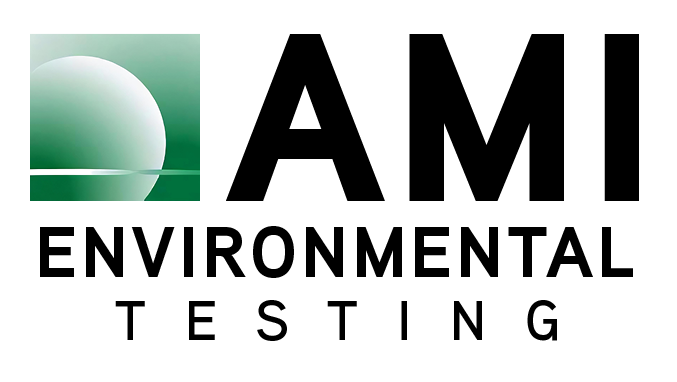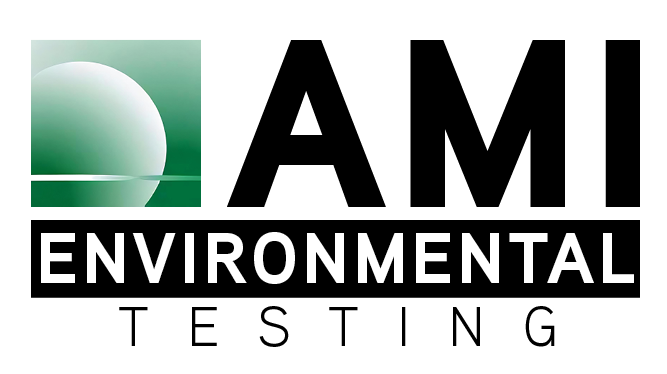Performing a post-moisture intrusion test for Asbestos Containing Materials (ACM) before starting any renovation is a crucial safety step. When ACM is exposed to moisture from leaks or flooding, it can deteriorate, increasing the likelihood of asbestos fibers becoming airborne when disturbed during renovation. These fibers, when inhaled, pose serious health risks, including lung cancer and mesothelioma.
The test involves checking areas that may have been exposed to water to assess whether the asbestos material is still intact or if it has been damaged. Environmental specialists are trained to assess areas affected by moisture and determine whether the asbestos-containing materials have been compromised. Using specialized equipment, they can safely inspect the site and provide accurate readings on the condition of the ACM. If the material is damaged, these specialists will recommend proper abatement procedures, ensuring that the renovation can proceed without putting workers or residents at risk.
In addition, environmental specialists help craft customized safety plans for handling compromised ACM, ensuring compliance with federal and local regulations. Wet conditions can make asbestos materials harder to remove, as fibers may be more likely to become airborne when dry. Their expertise ensures that the materials are handled and disposed of safely, reducing the chances of asbestos exposure and legal issues.
Neglecting to perform this test could lead to asbestos exposure for workers and residents, creating long-term health concerns like asbestosis, lung cancer, and mesothelioma. By conducting a post-moisture intrusion test with the help of an environmental specialist, you ensure a safe renovation process and protect everyone involved from unnecessary risks.
Contact AMI Environmental Testing to learn more.



